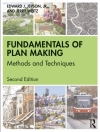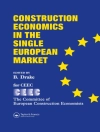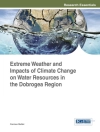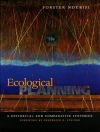The mining sector has been an integral part of economic development in many African countries. Although minerals have been exploited for decades in these countries, the benefits have not always been as visible. This has necessitated reforms including nationalisation of mining activities in the distant past; and currently legal and regulatory reforms. This book gives an insight of these reforms and with reference to the fieldwork research undertaken by the author in some African countries, the book highlights the social and environmental impacts of mining activities in Africa.
The central question of the book is, why the mining laws have worked in some countries but not others and what can be done to ensure that these laws are effective? Consequently, the book analyses the legal reforms made in the sector and highlights both the challenges and the opportunities for foreign investors as well as the African governments and local communities.The book will be of great interest to researchers and students in Energy and Geography related fields, as well as to practitioners and policy makers.
表中的内容
1. Introduction to Mining in Africa.- 2. Regulation of the Mining Sector in Africa.- 3. Role of International Institutions in African Mining.- 4. Regionalism in African Mining.- 5. Current trends in African Mining.- 6. Conclusion.
关于作者
Victoria Ritah Nalule is a research fellow at the Extractives Hub based at CEPMLP, University of Dundee, UK. She is also the founder and Executive Director of the African Energy and Minerals Management Initiative (AEMI), an NGO based in Uganda. She was previously a Research Fellow and energy consultant at the Energy Charter Secretariat in Brussels, and an energy researcher at the East African Community (EAC) in Tanzania and in the Southern African Development Community (SADC) in Botswana.












